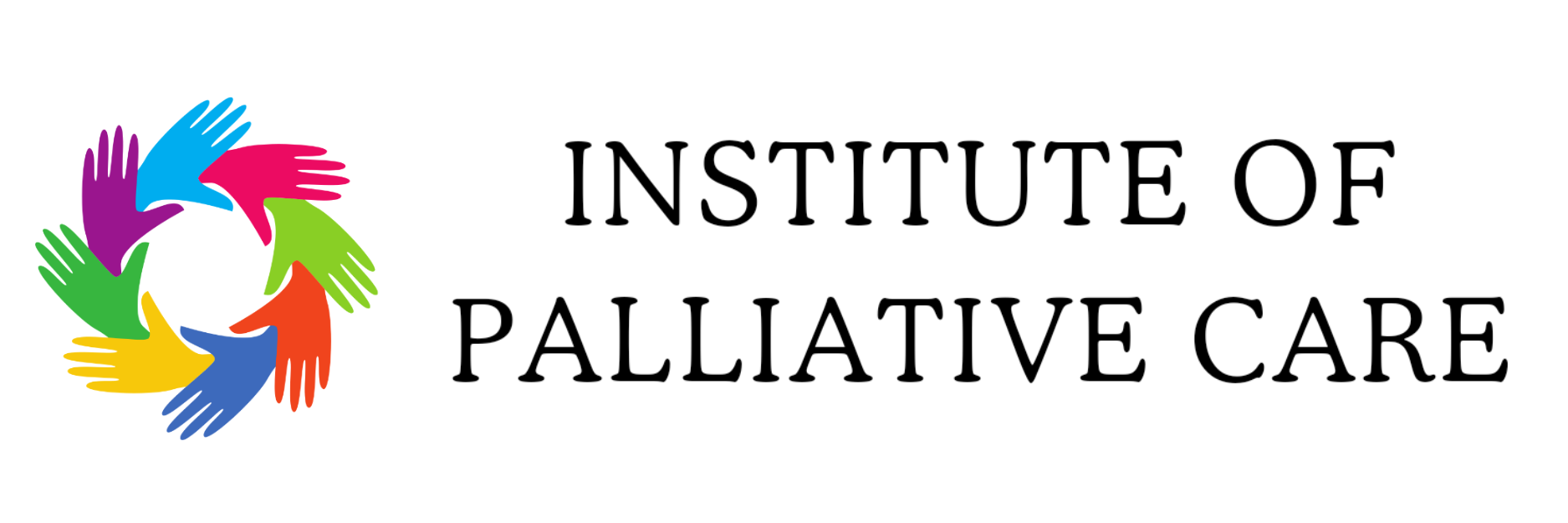Palliative care is appropriate for people of any age who have serious, chronic, or life-limiting illnesses. It is not limited to people at the end of life but can be provided at any stage of illness, alongside curative or life-prolonging treatments.
Here are examples of who might benefit from palliative care:
1. People with Serious Chronic Illnesses
- Cancer (at any stage)
- Heart failure or other advanced cardiovascular diseases
- Chronic obstructive pulmonary disease (COPD) or severe respiratory diseases
- Kidney failure
- Liver failure
- Neurological conditions like Parkinson’s disease, amyotrophic lateral sclerosis (ALS), or multiple sclerosis (MS)
- Alzheimer’s disease or other dementias
2. Patients Undergoing Difficult Treatments
- People undergoing aggressive treatments like chemotherapy, radiation, or surgery who need support managing side effects.
3. Individuals Facing Terminal Illness
- Patients with a prognosis of limited life expectancy, where the focus may be more on comfort and quality of life rather than curing the illness.
4. Elderly Individuals with Frailty or Multiple Conditions
- Older adults with multiple chronic illnesses who may have a declining quality of life due to symptoms, disability, or frequent hospitalizations.
5. Children with Life-Threatening Conditions
- Pediatric patients with congenital disorders, genetic diseases, or other life-threatening conditions can receive palliative care tailored to their needs.
6. Caregivers and Families of Seriously Ill Patients
- Palliative care also supports caregivers and family members, helping them manage stress, grief, and the demands of caring for a loved one with a serious illness.
Palliative care is aimed at enhancing comfort and quality of life, and anyone dealing with the symptoms, stress, or side effects of a serious illness could potentially benefit from it.


